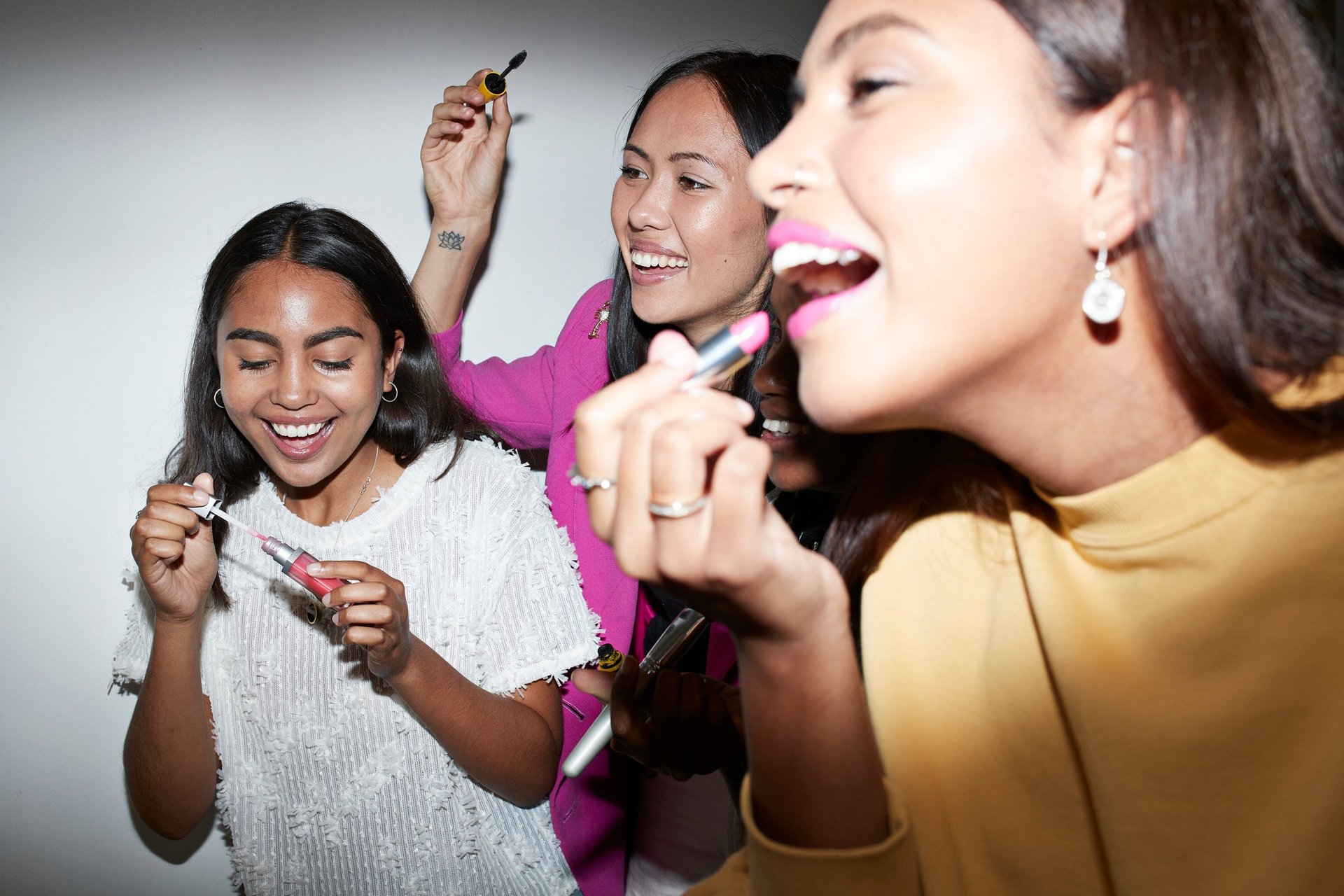Lipstick sales can give experts surprising insights into the economy
Why do people seem to buy more lipstick when the economy is worse?

If you’re going anywhere exciting today – or just want to spice up your appearance at home – it’s a good time to break out your favorite lip color. July 29 is National Lipstick Day: a celebration of the classic cosmetic and an opportunity for makeup brands to peddle deals on their products.
Suggested Reading
If your budget is tight but you’re still contemplating a new lipstick purchase for the informal holiday, you’re in good company. Buying lipstick – or other small indulgences – during times of economic hardship is incredibly common. So much so that the phenomenon has its own nickname: the lipstick effect.
Related Content
The idea that consumers buy more lipstick during recessions was first posited by economics and sociology professor Juliet Schor in her 1998 book, “The Overspent American.” She theorized that cash-strapped women bought expensive lipstick in part because it was something they could reapply in public where others would see them using luxury products.
“They are looking for affordable luxury, the thrill of buying in an expensive department store, indulging in a fantasy of beauty and sexiness, buying ‘hope in a bottle.’ Cosmetics are an escape from an otherwise drab everyday existence,” Schor wrote.
A few years later, Schor’s theory gained even more prominence when Leonard Lauder, chairman of Estee Lauder, said that his company was seeking a spike in lipstick sales after the 2001 attacks on the World Trade Center and the Pentagon.
“People were continuing to purchase luxury type items” during the post-9/11 economic downturn, explained Ari Lightman, a professor of digital media and marketing at Carnegie Mellon University’s Heinz College of Information Systems and Public Policy.
“Beauty and makeup is really fascinating, because even if we’re in a really hard recession time,” people don’t tend to switch to lower-cost products, Lightman explained. “We won’t see too much of a dip.”
Economists caution that it is challenging to apply a clear cause-and-effect mechanism to something as specific as lipstick sales. But what they do see is a pattern that tends to emerge either soon before or immediately after the economy dips.
“It’s kind of a strange thing that defies the usual rules,” said Jonathan Ernest, assistant professor of economics at the Weatherhead School of Management at Case Western Reserve University. People assume that if the economy is worse, consumers will buy fewer unnecessary goods. “But in this case, it seems to be that [consumers are] kind of offsetting” big ticket items with small indulgences.
“The reasoning for it might be, ‘well, I was considering buying a bigger house or purchasing a boat – but interest rates are super high,’” he added.
Ernest explained that consumers, who are no longer able to make big-ticket purchases, might suddenly find themselves in a position where they have more disposable income, even if times are harder. This leads to consumers purchasing smaller, luxury goods like lipstick.
Some experts attribute the phenomenon directly to consumers’ desires to feel good, even when – or perhaps especially when – times are harder.
“Economic stress has both financial and emotional implications,” says Jill Blanchard, president of client solutions at Advantage Solutions, a company which provides sales and marketing services to manufacturers and retailers. During times of economic prosperity, people tend to go to special events, like concerts, or go on vacation to make themselves feel good.
“When those become less affordable,” Blanchard argues, “positive feelings and emotions are sought after in different ways such as taking care of oneself whether that’s a healthy or luxury food item, premium beauty product or DIY spa treatments.”
It’s also possible, however, that people are simply loyal to cosmetics brands – particularly when they’re certain that a product will work well for them. Lightman pointed to the fact that people tend to buy name-brand products, over store brands, even when the ingredients are identical because they trust name brands.
The logic, Lightman says, applies to lipstick and other cosmetics. When people are preparing for special occasions, they want to be sure that their cosmetics are still effective.
“It also has to do with the social perception around the brand and its associated attributes that allow consumers to psychologically justify higher expenditure, even in a downturn,” Lightman said. “You make sacrifices in order to make sure that you have something you know is going to provide the benefit that you’re looking for.”
